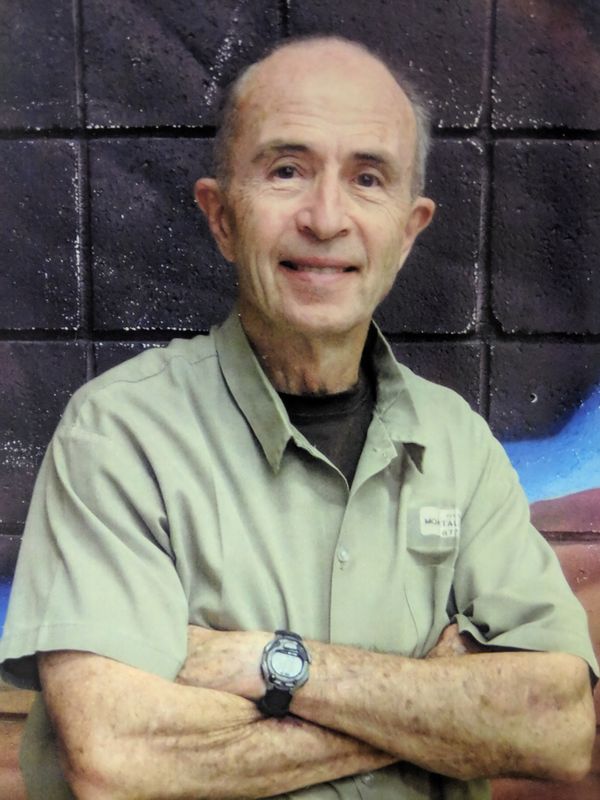By Sarah N. Lynch
WASHINGTON (Reuters) - Michael Montalvo has served 37 years in U.S. federal prison for leading a criminal enterprise that sold tens of millions of dollars' worth of cocaine in California and during that time he has earned a law degree and helped other inmates obtain their freedom through a program called compassionate release.
But due to a quirk in the law, the 78-year-old Vietnam War veteran is barred from seeking compassionate release himself. He has two options to get out of prison: death or persuading President Joe Biden to grant him clemency.
Montalvo is one of more than 7,000 federal inmates asking Biden to use this power to release them from prison before the end of his term.
"Mr. Montalvo poses no danger to society," his lawyers wrote in his clemency petition, noting he was not accused of violence. "Clemency is the only remedy available to correct his sentence."
When Montalvo was convicted of "continuing a criminal enterprise," he was sentenced to life in prison without the possibility of parole. A similar conviction today would most likely lead to a far less stringent sentence, his lawyers said.
Montalvo is part of a small and often forgotten subset of the 158,000 federal US inmates -- people who were convicted of crimes committed before November 1987, when the federal parole system was abolished and replaced with new U.S. sentencing guidelines.
The U.S. government says it does not keep track of the number of inmates, including Montalvo, who are serving sentences of life without the possibility of parole, but Berkeley Law professor Charles Weisselberg estimates there are somewhere between 100 and 400.
When Congress amended the law in 2018 to make it easier for aging or ill federal inmates to be freed through compassionate release by petitioning a federal court, it did not account for people who were incarcerated under the earlier system.
Criminal justice advocates say they believe that exclusion was unintentional.
In 2021, Democratic Senator Dick Durbin and Republican Senator Charles Grassley introduced the Safer Detention Act to address these issue, but the bill did not pass.
Weisselberg said he believes everyone serving a sentence under the parole system should be granted clemency.
"Do we really want to turn the federal prisons into nursing homes for this group of frail senior citizens?" he asked.
Since Biden took office in 2021, the White House has pardoned 25 people and commuted sentences for 131 people, according to Justice Department data.
The White House has not said what Biden's priorities might be in using his power of clemency in his last months in office.
A White House spokesperson said Biden remains "committed to reforming our criminal justice system" and continues to evaluate clemency requests "in a thoughtful and deliberative manner."

Criminal justice advocates said they hope Biden will grant more clemency requests before his term ends on Jan. 20.
"I don't have the right words to describe just how disappointing it has been," said Rachel Barkow, a professor at New York University School of Law.